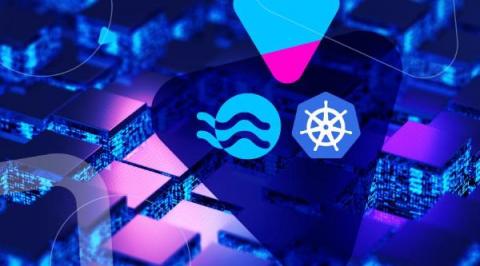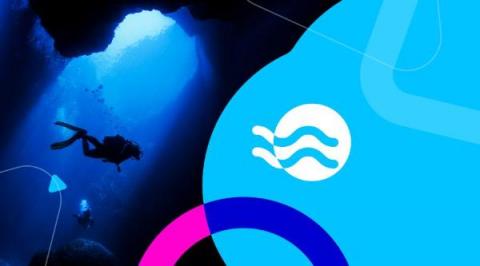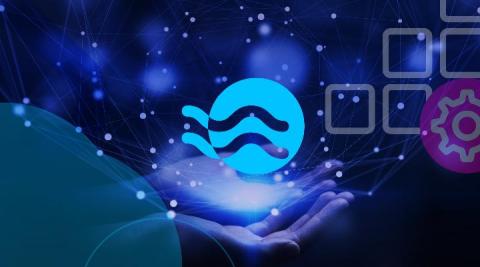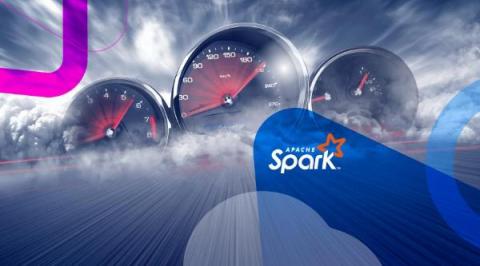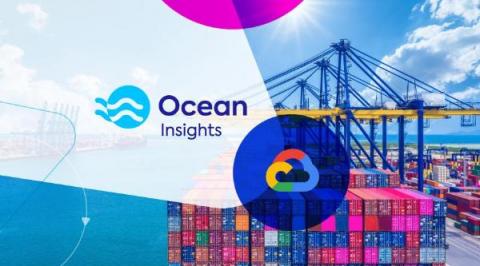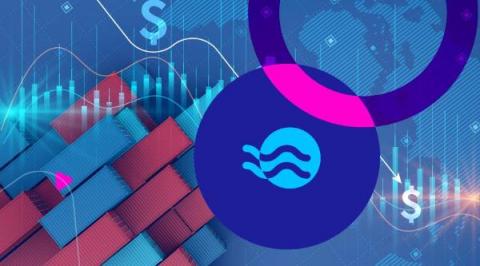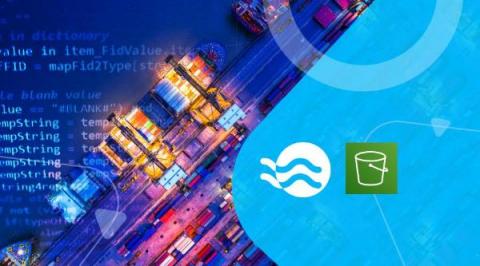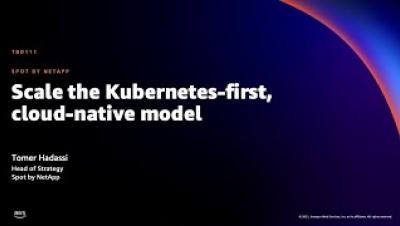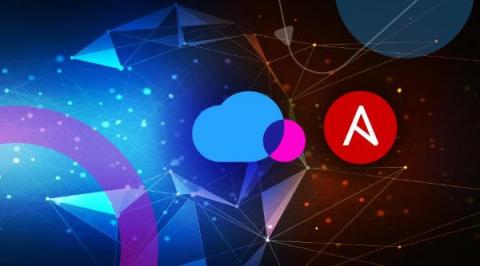Spot Ocean now supports Kubernetes pod topology spread constraints
As a premium autoscaler for containers and Kubernetes applications, Spot Ocean automatically and continuously executes scaling actions based on the requests and specified constraints of pods and specific containers. This container-driver autoscaling approach is core to how Ocean leverages and optimizes the compute infrastructure required to run containers in the cloud.


